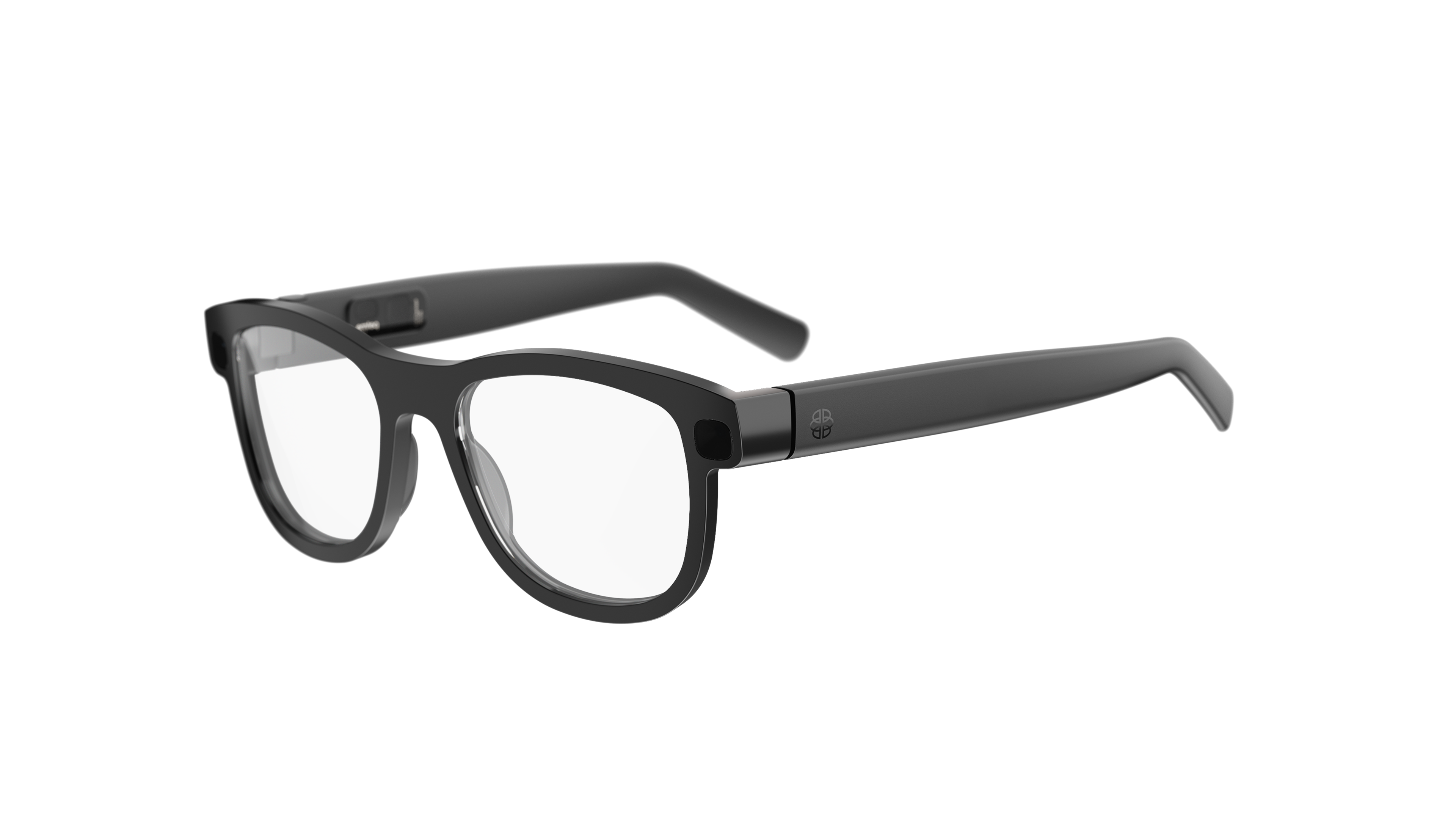The latest episode of Emotion Lab is dedicated to education. Graeme Cox is joined by Olivia Lory Kay, the Head of Partnerships at Capita Learning, where she works to support clients in developing workplace learning strategies. Graeme and Olivia explore the growing value of behaviour and emotion quantification in training processes and discuss the possibility of personalising learning to improve outcomes for individuals in the workplace.
Challenges in learning
Capita is a consulting, digital services and software business that specialises in developing learning strategies for their clients, from employee upskilling to behaviour change. Despite digitalisation and new models of working, “learning as a discipline has been quite traditional,” explains Olivia. Moreover, the need to learn, adapt and change our behaviours in the workplace has been accelerated by the pandemic. According to Capita’s research, 50% of employees need to re-skill and the uptake of proactive online learning has increased four-fold since the beginning of the pandemic. In response, Capita is supporting various organisations in learning how to upskill at scale, how to address behaviour change and how to create an ongoing culture of learning.
How does immersive experience come into play?
Immersive experiences play two important roles in learning, according to Olivia. The first is that immersive experiences enable self-awareness – that is, individuals become aware of their actions and decision-making processes and can make use of that insight to understand their actions better which improves mental resilience.
In situations where lives are at risk and where people’s emotional responses can influence a life or death decision, self-awareness and mental resilience are crucial and can help individuals understand their actions and prepare for the future. Olivia shares an example of the work Capita is undergoing with the Fire Services College and their Critical Incidents Training for firefighters, as well as other examples.
Immersive experiences also enable data capture. When undergoing training, this means that companies can look at a great deal of data and pinpoint patterns in behaviour. For the training and learning industry, this data has never been available previously and allows organisations to analyse it and subsequently deliver behaviour change at scale.
Healthy Individuals = Healthy Organisations
Graeme and Olivia also discuss the relationship between individual and organisational resilience, how COVID-19 has highlighted the connection between the two, as well as the broader impacts on future learning models and employee wellbeing programmes. Graeme states that “the stress we have in our daily lives determines the outcomes, both in terms of the work but also in terms of health and happiness.”
Graeme and Olivia also note the connection between physical and mental health, namely the relationship between our feelings and resilience and our physiology and performance and whether this awareness can be leveraged by organisations. With the ability to monitor emotions, behaviour and change, collect and analyse data. As Olivia summarises: “[now] it may finally become possible to be able to deliver change at scale.”
Data concerns
Collecting and analysing data pertaining to employee wellness and behaviour can be used to build stronger, happier organisations and even make predictions about employee’ performance.
Whilst happier individuals and organisations might be the goal of many, like with any new data-collecting technology, there are ethical concerns with the collection of such data that also need to be addressed. Graeme and Olivia share their views on sharing personal data with employers, with Olivia noting two main challenges, the first being how companies like Capita handle the data and the second being how they use it.
Both agree that companies need to build and maintain trust amongst their employees and that the technology’s primary goal should be to serve those in the organisation.
What are your experiences with learning and behavioural change? Are there any learning programmes at your company? What do you think is the future? To join in the conversation, head to our website, follow us on social media and subscribe to the Emotion Lab podcast.
Get in touch with emteq labs:
www.emteqlabs.com | info@emteqlab.com
Get in touch with the guest – Olivia Lory Kay

.png)
.png)





